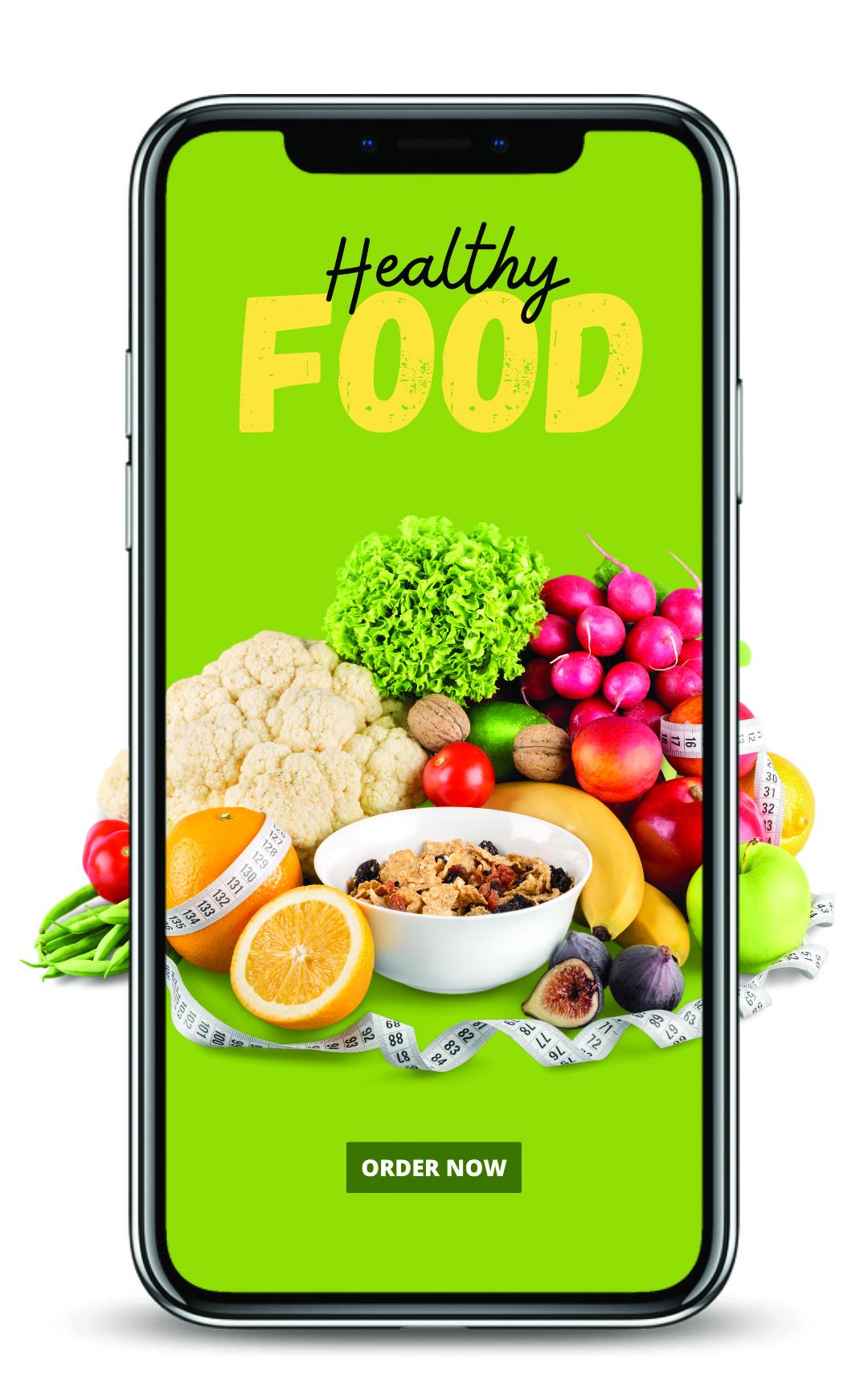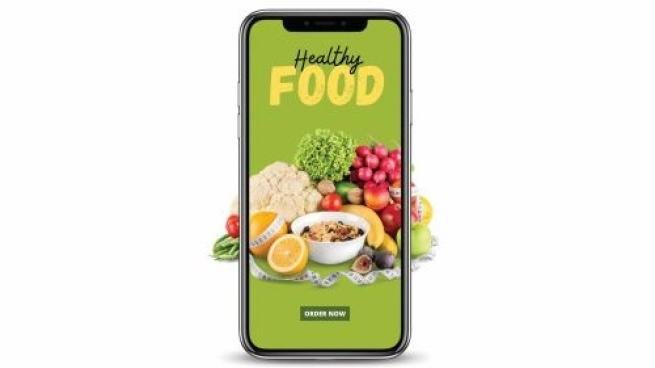
Retail nutritionists lend accuracy and credibility to the personalized nutritional data shoppers receive through apps and websites.
Three key elements set the stage for using health and wellness technology to deliver personalized information to shoppers. First, more than 8 in 10 American consumers, or 82%, consider wellness a top or important priority in their daily lives, according to the 2023 McKinsey Future of Wellness Study. . Second, apps and wearable health tracking devices are popular with American adults, with a 2023 Morning Consult survey finding that approximately 40% use an app and 35% use a wearable device. I did. Finally, according to McKinsey, nearly 1 in 5 American consumers and 1 in 3 American millennials prefer personalized products and services.
[RELATED: What Does the Road Ahead Look Like for Personalization?]
Participating retailers
More and more retailers are delivering personalized health and wellness information to shoppers through apps and websites.
One example is Albertsons. ” Sincerely Health is a digital health and wellness platform that covers various aspects of health. First, shoppers will complete a questionnaire that measures their personalized health score based on her seven dimensions of well-being: nutrition, activity, sleep, physical health, mental health, mindfulness, and healthy habits. answer. Shoppers can link their activity trackers to the platform to set and track health goals around nutrition, activity, sleep and lifestyle. The nutrition analysis tool calculates how much of the food a shopper purchases meets her USDA MyPlate dietary guidance and provides personalized food recommendations, recipes, and articles.
By signing up for Sincerely Health, shoppers receive incentives of up to $25 off future grocery purchases. When shoppers meet their health goals, they earn Healthy Points that can be redeemed for coupons on nutritious food and beverages, including fresh and frozen fruits and vegetables, nuts and bottled water. Shoppers can also link their pharmacy accounts to the platform.
Ready-to-use resources for retail nutritionists
Grocery stores can call on a retail dietitian whenever their health and wellness technology channel includes food or nutritional ingredients. Retail nutritionists are key to providing personalized information to shoppers directly through online consultations and classes, and indirectly as content advisors and developers.
For example, HEB dietitians are offering telehealth visits that provide shoppers with interactive features such as pantry sharing and virtual shopping tours. Meijer’s new virtual personalized nutrition coaching service gives shoppers the convenience of receiving multiple nutrition services online from Meijer registered dietitians. Depending on an individual’s needs, a dietitian can provide assessment, monitoring, and evaluation based on diet, lifestyle, medical history, and nutritional needs, nutritional education and individualized meal planning, nutritional guidance for health conditions such as diabetes and cardiovascular disease, and nutritional guidance based on diet, lifestyle, medical history, and nutritional needs. Provides allergy management, weight, and more. Management and behavior change support.
Behind the scenes, retail nutritionists lend accuracy and credibility to the personalized nutritional data shoppers receive through apps and websites. Among other things, dietitians work on the nutritional aspects of health scoring systems. Create nutritional content for health platforms, including articles, meal plans, tips, shopping lists, recipes, and more. Provide specialized information to shoppers with health concerns (diabetes, heart health, weight management, etc.). Develop product nutrition standards for food and online product filters (gluten-free, high protein, vegetarian, etc.).


